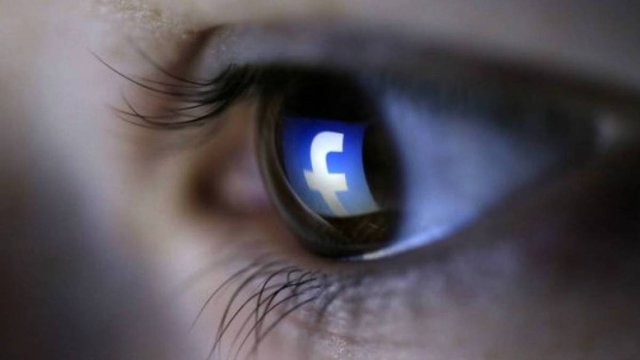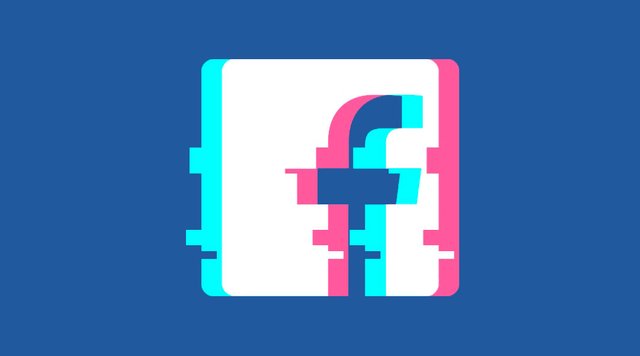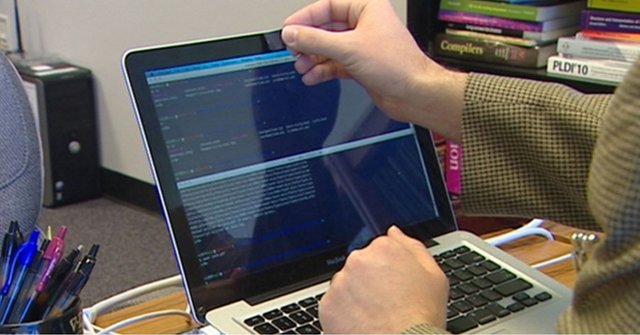Mark Zuckerberg lives in your house
The entire Web can also enter your Room

Cyber espionage typically involves access to classified secrets and files or the control of individual computers or entire networks for an advanced strategy and for psychological extortion, politics and sabotage. Recently, cybernetic espionage involves the analysis of users' personal public activity mainly on social networks such as Facebook.
These acts can be perpetrated online from the computers of professionals in far away countries or it can involve infiltration into the home by conventional spies trained in computing or in other cases it can be the criminal work of a malicious amateur hacker and software programmers.

But the question is:
Mark Zuckerberg walks around your house?
Literally the answer to this question would be a NO.
But ...
Although it is a relatively young phenomenon, in the last five years, social networks have become an abundant source of data for secret services, private companies and malicious people.
On the other hand, the influx of personal data that users make available to these platforms can serve to exercise political and social control and even personal control.

The vulnerability that many users have to be spied on and that their information can be stolen is latent day by day. Advertising media such as personalized advertising implemented on social networks such as Facebook, can represent an intrusion into the personal information of each person.
Means that can lead users to fall on perverse sites or sites that try to steal your information, whether for improper use of it, extortion or a host of illicit activities.
It should be noted that Facebook has stated at all times that there has been no security breach that has caused the filtering of data, as it was the users themselves who gave them when they accessed certain applications and websites. What is clear is that it is necessary that there are regulations that protect our data and introduce limitations to what third parties can do with them.
The most curious thing is that James Comey Former Director of the FBI, said that he himself protects himself from any type of espionage on his person through the webcam of his personal laptop by putting a tape on it so that nobody can capture images his. In this way, he adds an extra to his privacy while using the computer, although he recognizes that despite not being able to be photographed or recorded, if they could at some point record their words or conversations.

But beyond this I have some questions.
How much do you reveal about yourself on social networks?
Is there information that you would never disclose on the Internet?
Do you think Facebook and other social networks are a means of empowerment or social control?

Then;
Can we do something against Internet espionage?
Well, the answer to the previous question is incisive considering the great insight of social networks in our society and the nature that the Internet has charged in recent years. We can not do much. We can protest, demonstrate or post posts and comments on our profiles, in addition to being more cautious with the information we share and make public.

For this reason I leave a series of tips that can help you to give a Plus Protection to your personal information.
More Secure Passwords.
Choosing safer passwords will help you keep your identity safe on the Internet. It is recommended not to use old or easily hackable protocols.
Block the crawl.
There are numerous blockers that prevent companies from accessing information of commercial value and close the way to attacks that exploit the vulnerability of components such as Flash. A good blocker is the free Disconnect.
Encrypt the hard drive.
In this way, your content can not be deciphered even if it is accessed remotely. The longer the password, the more secure we are, of course. In Windows, just access Control Panel> System and Security. There are also apps that encrypt calls and messages from your mobile phone.
Anti spy smartphone
From June, those who have 629 dollars will be able to acquire a smartphone designed exclusively to favor the security of the data. The phone developed in Spain by the company Geeksphone is called Blackphone and uses an operating system that operates through private servers, called PrivateOS, which encrypts voice and text data, which makes it more difficult to spy
This smartphone is sold unlocked, which does not make it dependent on a particular operator and has private and encrypted applications that allow data transmission to be undetectable.
Browsers.
Google Chrome offers its users options for hiding and browsing in a "private" way on the Internet.
In Google Chrome, open a new window and select the mode "Incognito": the sites you visit will not remain in your browser history, nor will you leave traces of visiting any website. Even so, keep in mind that your habits remain in view of your Internet service provider.
Last but not least, cover your webcam with an adhesive quote.


I invite you to watch this video on YouTube from the channel The Infographics Show, about being spied on the Internet.
It could help you to have more control of your information.